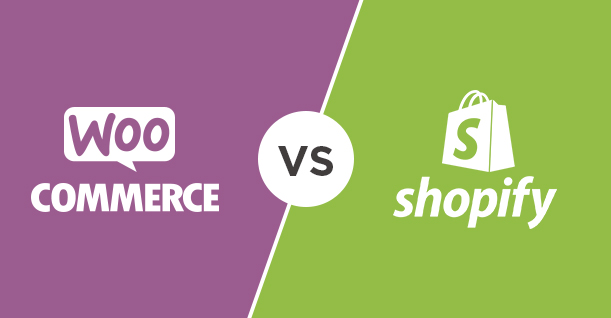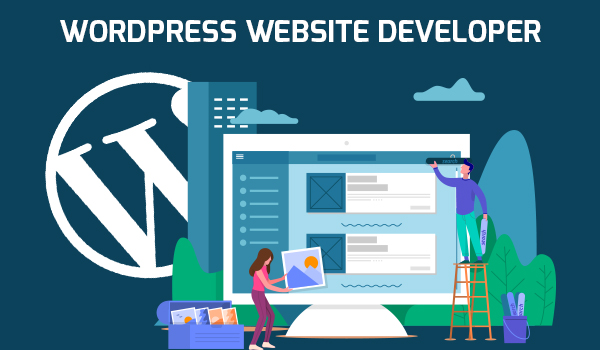E-commerce platforms are pivotal when establishing an online store. Among the leading contenders in this realm are WooCommerce and Shopify. While both possess strengths, WooCommerce, a WordPress plugin, stands out, presenting exclusive advantages that position it as the superior choice for numerous e-commerce entrepreneurs. Our discussion delves into why WooCommerce prevails over Shopify, emphasizing aspects such as flexibility, customization, cost, and ownership and unveiling the best e-commerce platforms
Ultimate Customization with WordPress
As a WordPress plugin, WooCommerce gives you access to the most adaptable and adjustable content management system (CMS) out there. You can customize every element of your website with WordPress to your preference. You are in total control of the design, functionality, and content. In contrast, because Shopify is a part of a more limited ecosystem, it provides less flexibility with regard to design and functionality.
Ownership and Control
You have total control and ownership over your online store, which is one of WooCommerce’s main advantages. Since you are the website’s host, you are ultimately in charge of how your e-commerce site is run, secured, and optimized. You are restricted by Shopify’s terms of service, and if your company expands enough, you might surpass the platform’s capabilities.
Cost-Effective Solution
WooCommerce is a particularly affordable option for creating an online store. The WooCommerce plugin is free of charge; however, web hosting and domain registration are extra expenses that can be highly competitive. Furthermore, WooCommerce doesn’t charge transaction fees, so you can retain more of your earnings. In contrast, Shopify levies transaction fees in addition to monthly membership costs.
Seamless Integration with WordPress
WooCommerce connects smoothly with your existing WordPress website. You may take advantage of WordPress’ robust blogging and SEO features with this integration. Having all of your internet presence managed in one location is also made easy by it. However, as Shopify is a stand-alone platform, you might need to use other tools or services in order to properly manage your blog and SEO.
Thousands of Free and Premium Plugins
One of WooCommerce’s most valuable features is its huge plugin library. There’s probably a WooCommerce plugin for anything you need to add, such as sophisticated shipping options, improved product listings, or integration with your preferred payment provider. Shopify includes a variety of apps as well, but WooCommerce has a much larger collection of both free and paid plugins, giving you even more possibilities to personalize and enhance the functionality of your store.
Scalability
As your business expands, you’ll need an e-commerce platform that can keep up. WooCommerce is incredibly scalable because of its open-source nature and flexibility. Without any restrictions, you can expand your product line, add new features, and adjust to shifting consumer preferences. Shopify’s scalability, however, comes with higher pricing levels, so if your store grows, you might have to spend more.
SEO and Content Marketing
WooCommerce is built on WordPress, which is well known for its SEO powers. With WooCommerce, you can manage meta tags, use SEO plugins, and create excellent content to optimize your online store for search engines. Your web visibility can be greatly increased by doing this. Although Shopify has some SEO tools, WooCommerce may give more control and customization over SEO.
Community and Support
WooCommerce has a large and active developer and user community. That being said, there are a ton of resources, courses, and forums available to assist you with any problems you may run into. Although Shopify offers a community that is helpful as well, it might not be as extensive and comprehensive as WooCommerce’s.
Conclusion
Although WooCommerce and Shopify both have advantages, WooCommerce stands out as a superior choice for individuals who prioritize cost-effectiveness, maximal control, and customization. It gives you the flexibility to use WordPress’ robust features to develop a distinctive online store that is suited to your particular requirements. Of course, WooCommerce is the best option if you want to create a fully adaptable and profitable e-commerce website.
Recall that your specific business needs and tastes will ultimately determine which of WooCommerce and Shopify is best for you. However, many e-commerce business owners choose WooCommerce because of its open-source nature and flexibility.
Selecting WooCommerce will provide you with financial savings, control over your online store, and the ability to build an entirely customizable, scalable e-commerce website. Therefore, take WooCommerce into consideration as a reliable e-commerce platform if you’re currently setting up your online business. Your company will appreciate you for it.


